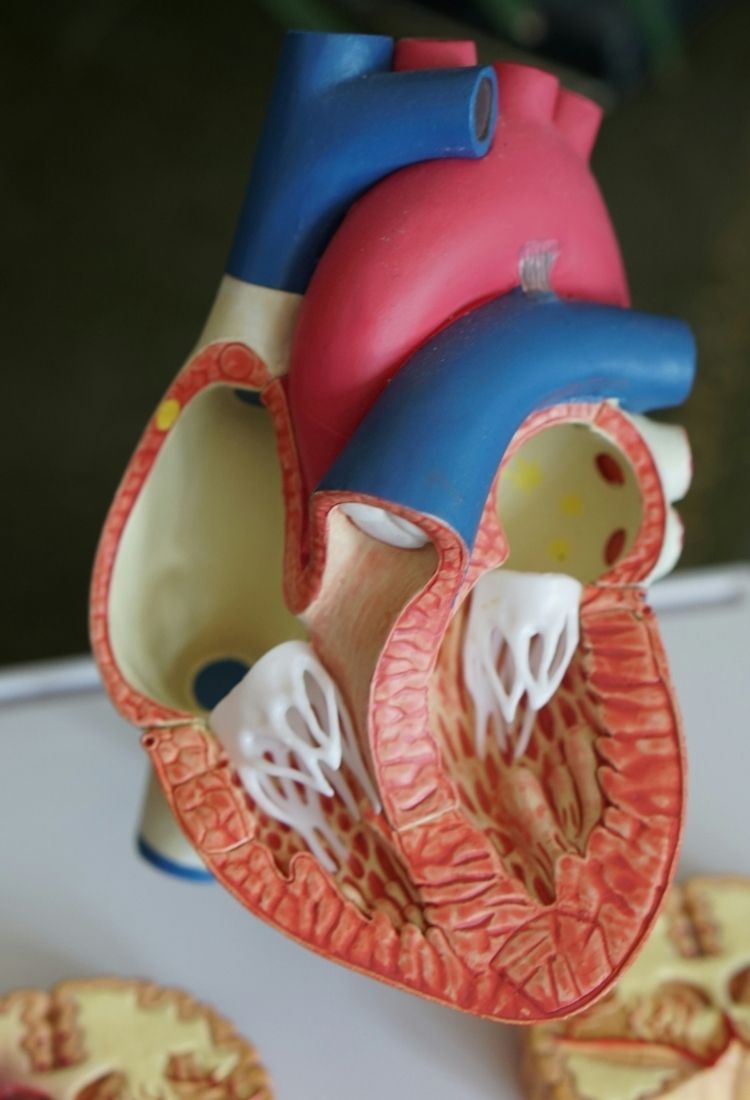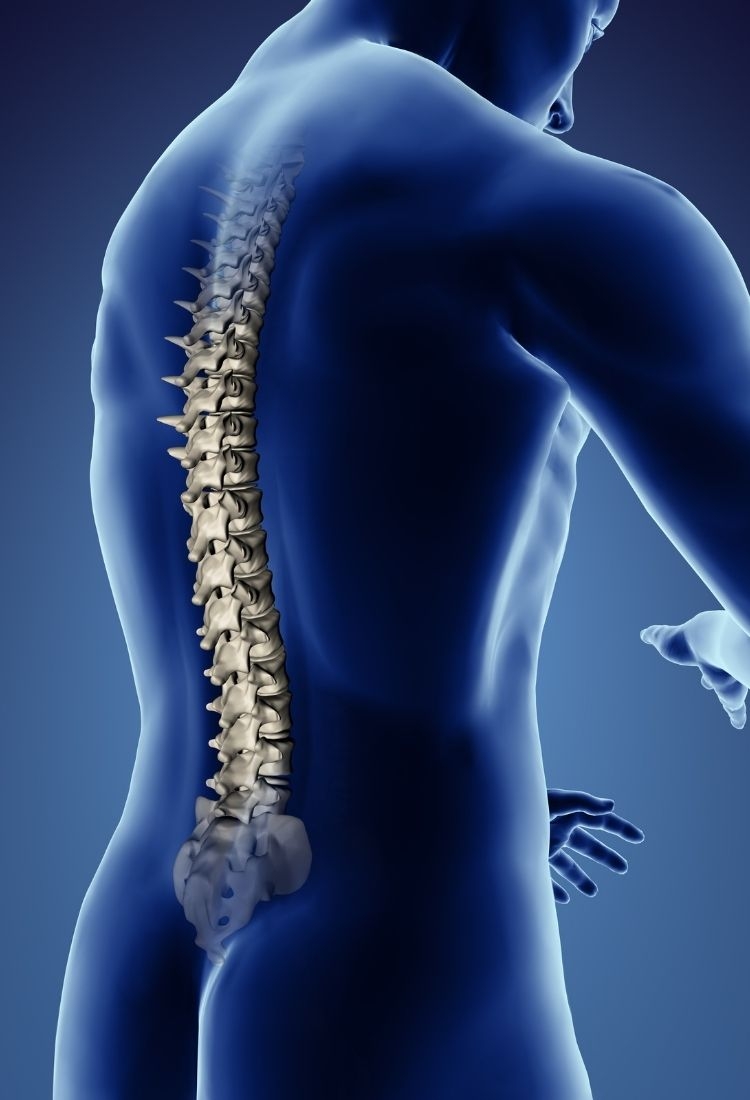

Cancer treatment can significantly affect a patient's quality of life in multiple ways. The physical side effects of treatments such as chemotherapy, radiation therapy, and surgery can include fatigue, pain, nausea, and changes in appetite, which can interfere with daily activities, reduce overall energy levels, and impact nutritional intake. These effects may lead to weight loss or malnutrition. CureValue - Cancer Treatment . Additionally, treatments may cause visible changes, such as hair loss, which can affect self-esteem and body image. Emotional and psychological impacts, including anxiety, depression, or stress related to the diagnosis, treatment, and prognosis, are also common. Social interactions and relationships may be affected as patients adjust their social activities and roles. Supportive care measures, such as pain management, psychological counseling, and nutritional support, are crucial for addressing these issues and helping patients maintain their quality of life during treatment.
Curative and palliative cancer treatments serve distinct purposes and are chosen based on the treatment goals. Curative treatments aim to completely eradicate cancer from the body and achieve remission, with the goal of restoring the patient to full health. Common curative treatments include surgery to remove tumors, chemotherapy to target and kill cancer cells, and radiation therapy to destroy cancerous tissue. The primary objective of curative treatment is to achieve complete resolution of the disease and prevent recurrence, thus restoring the patient's health and well-being.
In addition to curative and palliative treatments, the integration of supportive care and holistic approaches plays a significant role in the comprehensive management of cancer. Supportive care encompasses a range of interventions aimed at improving the overall well-being of patients, addressing not only the physical symptoms of cancer and its treatments but also the emotional, psychological, and social aspects of care.
Pain management is a crucial component of supportive care, particularly for patients experiencing cancer-related pain. Effective pain control strategies can include medications such as analgesics and opioids, as well as non-pharmacological approaches like physical therapy, acupuncture, or relaxation techniques. Addressing pain not only improves comfort but also enhances the patient's ability to participate in daily activities and maintain a better quality of life.
Nutritional support is another vital aspect of supportive care. Why Medical Tourists Prefer Hospital Médica Sur Lomas in Mexico City Your path to affordable care Top Medical Facilities in Mexico for Cancer Treatment and Wellness. Cancer and its treatments can impact appetite, taste, and the body's ability to absorb nutrients, leading to malnutrition or weight loss. Dietitians work with patients to develop individualized nutrition plans that meet their specific needs, help manage side effects like nausea or mouth sores, and ensure adequate caloric and nutrient intake. In some cases, specialized supplements or feeding tubes may be used to support nutritional needs.
Personalized Approach: Cancer treatment plans are tailored to each individual, taking into account the cancer's type, stage, genetic profile, and the patient's overall health.
Surgery: Aimed at removing localized tumors or affected tissues, surgery seeks to completely eradicate the cancer and achieve remission.
Radiation Therapy: Employs high-energy rays to damage the DNA of cancer cells, either through external beams or internal sources, to destroy or inhibit their growth.
Chemotherapy: Utilizes drugs to target and kill rapidly dividing cancer cells, either administered orally or intravenously, impacting the entire body.
Hormone Therapy: Focuses on hormone-sensitive cancers by blocking or modifying hormone levels to slow or halt tumor growth.
Immunotherapy: Enhances the body's immune system to better identify and attack cancer cells, employing techniques such as checkpoint inhibitors and CAR-T cell therapy.
Targeted Therapy: Aims at specific molecular targets or genetic mutations in cancer cells to block their growth, often resulting in fewer side effects compared to traditional chemotherapy.
Bone Marrow/Stem Cell Transplant: Replaces damaged bone marrow with healthy cells, facilitating the use of high-dose chemotherapy or radiation treatments.
Clinical Trials: Offer opportunities to access cutting-edge treatments and innovative therapies, advancing cancer care through ongoing research.
Supportive Care: Encompasses pain management, nutritional support, and psychological counseling to manage treatment side effects and enhance overall quality of life.
Palliative Care: Aims to alleviate symptoms and improve comfort rather than focusing on curing the disease, especially in advanced stages.
Personalized Medicine: Customizes treatment based on an individual’s genetic and molecular profiles, enhancing effectiveness and minimizing side effects.
Genetic Counseling: Provides advice on genetic testing and its impact on treatment options and family planning, particularly for hereditary cancers.
Multidisciplinary Teams: Comprise oncologists, surgeons, radiologists, and other specialists collaborating to create and implement a comprehensive treatment plan.
Side Effect Management: Employs strategies to address and alleviate symptoms such as nausea, fatigue, and hair loss that arise from cancer treatments.
Lifestyle Adjustments: Promotes modifications in diet, exercise, and stress management to enhance overall health and the effectiveness of treatment.
Patient Education: Ensures patients are well-informed about their diagnosis, treatment options, and possible side effects, enabling them to make educated decisions about their care.
Financial and Logistical Support: Offers help with treatment costs, transportation to appointments, and addressing other practical concerns.
Emerging Treatments: Encompasses new developments in immunotherapy, targeted therapy, and gene editing technologies that provide promising advances in treatment effectiveness.
Survivorship Care: Emphasizes the long-term health and well-being of cancer survivors, including monitoring for recurrence, managing ongoing side effects, and fostering overall wellness.
Psychological and emotional support is essential for helping patients cope with the mental and emotional challenges of a cancer diagnosis and treatment. Mental health professionals, including psychologists, counselors, and social workers, provide therapy and support to address issues such as anxiety, depression, and stress. Support groups, both in-person and online, offer patients and their families a space to share experiences, receive encouragement, and connect with others facing similar challenges.
Managing the impact of cancer on social relationships and daily life is also an important consideration. Personalized Cancer Treatments at BioCare Hospital, Tijuana CureValue - Cancer Treatment Why Medical Tourists Prefer Hospital Médica Sur Lomas in Mexico City. Cancer treatment can disrupt normal routines, affect work and family life, and lead to financial strain. Social workers and case managers assist patients in navigating these challenges, providing resources and support for practical issues such as financial assistance, transportation, and childcare.


Additionally, integrating complementary therapies into cancer care can offer additional benefits. Complementary therapies, such as yoga, meditation, massage therapy, and aromatherapy, can help alleviate stress, improve relaxation, and enhance overall well-being. While these therapies are not intended to replace conventional treatments, they can complement standard care and contribute to a more holistic approach to cancer management.
The role of personalized medicine continues to expand as researchers gain a deeper understanding of the genetic and molecular underpinnings of cancer. Personalized medicine involves tailoring treatment plans based on an individual's genetic profile, both of the patient and the tumor. This approach can lead to more targeted and effective treatments, as therapies can be designed to specifically address the genetic mutations or molecular pathways driving the cancer. Advances in genomic testing and bioinformatics are paving the way for more precise and individualized treatment strategies.
Genetic counseling is another critical aspect of personalized cancer care, particularly for patients with a family history of cancer or those who may carry genetic mutations associated with cancer risk. Why Medical Tourists Choose Hospitalito Gustavo Guerrero for Cancer Care CureValue - Cancer Treatment Personalized Cancer Treatments at BioCare Hospital, Tijuana. Genetic counselors provide information and support regarding genetic testing, interpretation of results, and implications for treatment and family planning. This guidance helps patients make informed decisions about their care and understand the potential risks for themselves and their relatives.
How does Médica Sur, Tlalpan provide top-notch cancer treatments?
Ongoing research and clinical trials remain central to the evolution of cancer treatment. Researchers continuously explore new therapies, combinations of existing treatments, and novel approaches to improve patient outcomes. Advances in fields such as immunotherapy, targeted therapy, and gene editing hold the promise of more effective and less toxic treatments. Clinical trials offer patients the opportunity to access these emerging therapies and contribute to the advancement of cancer care. Participation in clinical trials is often a collaborative decision involving the patient, their healthcare team, and their family, ensuring that the potential benefits and risks are carefully considered.
The management of cancer also involves addressing survivorship and long-term care. As cancer treatments improve, more patients are living longer after their diagnosis. Survivorship care plans are developed to address the ongoing health needs of cancer survivors, including monitoring for recurrence, managing long-term side effects, and promoting overall health and wellness. This phase of care focuses on helping survivors transition back to daily life, supporting their physical and emotional health, and ensuring they receive appropriate follow-up care.
In summary, the management of cancer treatment is a multidimensional process that encompasses curative and palliative therapies, supportive care, personalized medicine, and ongoing research. The integration of these elements ensures a comprehensive approach to cancer care that addresses the physical, emotional, and social needs of patients. By combining traditional and innovative treatments, managing side effects, and providing holistic support, the goal is to enhance the quality of life and achieve the best possible outcomes for each individual facing cancer.
High-Quality Cancer Treatment at Hospital Angeles Metropolitano CureValue - Cancer Treatment Why Medical Tourists Choose Hospitalito Gustavo Guerrero for Cancer Care.

The complexity of cancer care also extends into the realm of patient advocacy and education. Ensuring that patients and their families are well-informed about their diagnosis, treatment options, and potential side effects is crucial for empowering them to make informed decisions about their care. Healthcare providers often play a key role in patient education, explaining the nature of the disease, the goals of various treatments, and what to expect throughout the treatment process. Educational resources, such as pamphlets, websites, and support groups, are valuable tools for providing patients with accurate and comprehensive information.
Patient advocacy is another critical component of cancer care. Advocacy efforts can include working to ensure that patients have access to the most appropriate and effective treatments, addressing barriers to care, and supporting patients' rights and needs. Patient advocates may help navigate the healthcare system, assist with insurance issues, and provide emotional support. They also work to amplify the voices of patients, ensuring that their concerns and preferences are heard and addressed by their healthcare team.
Coordination of care among different specialists is essential in managing complex cancer cases. Cancer treatment often involves a multidisciplinary team, including oncologists, surgeons, radiologists, pathologists, and other specialists. Effective communication and collaboration among these professionals ensure that all aspects of the patient's care are integrated and that treatment plans are cohesive and well-coordinated. Regular case meetings and shared electronic health records facilitate this process, allowing for the exchange of information and updates on the patient's progress.
Additionally, the impact of cancer and its treatment on quality of life underscores the importance of addressing both physical and psychosocial aspects of care. Cancer treatment can be physically demanding, leading to issues such as pain, fatigue, and mobility limitations. Supportive care interventions, including physical therapy and occupational therapy, are designed to help patients maintain or regain functional independence and improve their overall physical well-being. These therapies also play a role in enhancing patients' ability to perform daily activities and participate in life activities that are important to them.
Psychosocial support is equally crucial, as a cancer diagnosis can have profound emotional and psychological effects. Patients may experience a range of emotions, including fear, anger, and sadness, which can affect their mental health and overall well-being. Psychological counseling and support groups provide a space for patients to express their feelings, gain coping strategies, and connect with others who understand their experiences. Mental health professionals can also help address issues such as depression and anxiety, which are common among cancer patients.

CureValue provides clear and detailed information about costs, procedures, and providers, helping users make informed decisions about their healthcare.
The CureValue team consists of professionals with extensive experience in healthcare, travel, and technology, including healthcare experts, travel specialists, and technology innovators.